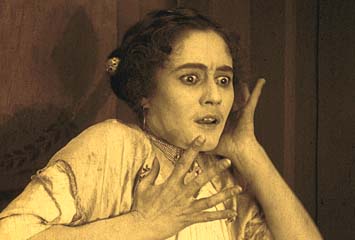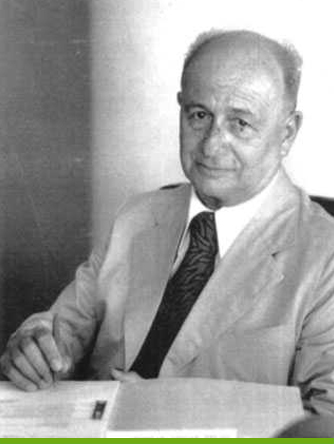Mohammad Kazem Kazemi was born on the 10 th January, 1968. He is a notable and modern day poet from Afghanistan. He is also an author, li...
Mohammad Kazem Kazemi
was born on the 10th January, 1968. He is a notable and modern day
poet from Afghanistan. He is also an author, literary critic and a book editor
by profession. Currently, he is a member of the editorial board of Dorre Dari
and the Khatt-e-Sevom journals. Kazem has written several books on the Persian
literature and the poetry of Afghanistan. He also wrote the book, ‘Rozaneh’
that has been published for the 4th time in Iran and is seen to be
the most popular textbook of poems. Presently, Kazem is living in Mashhad in
the Islamic Republic of Iran.
source of picture: theiranproject.com
Personal Life
Kazem was born into
the family of Herat region of the Islamic Republic of Afghanistan. His father,
Haj Mohammad Ali Kazemi was a politically and socially active man in the
society and his grandfather, Haj Mohammad Kazem, was also a poet himself. Kazem
attended the high school in Herat and has stayed there until the year 1975,
when he relocated to Kabul. In the year 1984, he left his country and relocated
to Iran so as to escape the Afghanistan war and also to pursue his studies. He
graduated from the department of Civil Engineering at the Ferdawsi University
of Mashhad. Kazem began the act of writing poetry at the age of 14. While he
was in Iran, he was introduced to the work of poets like Abdul-Qadir Bedil,
Mohammad Ali Moalem Dameghani and Khalilillah Khalili, his poetry influenced by
those of the Bedil and those of the Moalem. It was his poem, ‘Bazgasht’ that he
wrote in the year 1991 that gained national and international success to him.
The poem that is widely seen as one of the most iconic poems of the
contemporary Persian poetry, explains the story of the refugee of the country
in Iran that has made up their mind to come back to Afghanistan. In the poem,
Kazem made use of some very strong and ironical metaphors to emphasize on the
suffering of the people of the country in Iran, though he also buttressed on
the common culture and the religious beliefs between the two countries. Today,
almost all the people of Iran and Afghanistan can sing the poem.
Poetry
Even though most of
the poems that was written by Kazem has a religious theme, he has also written
much about the socio-political condition of the country, Afghanistan and also
in Iran. In his pattern of poetry, Kazem is swayed by Moalem and Abdul Qadir
Bedil. In an interview with the website of Iran, Soreh, Kazem has informed that
he studied and memorized three thousand verses of Bedil’s poetry.
Critics
Several writers of
Iran and Afghanistan as well as critics from the both countries have praised
Kazemfor his work and his effort of the introduction of the afghan literature
beyond the country’s boarder and also for his abilities as a writer and as a
poet. Meanwhile, the responses to the
works of Kazem have not always been sympathetic. The poetries of Kazem that he
dedicated to Khomeini Ayatullah have been divisive among the people of
Afghanistan in the country and the people of Iran that are living in the
diaspora. He also got some negative responses from some Iranian and Afghan circles, subsequent to his attendant to a
literary event that was organized by Ali Khomeini Ayatullah.
Bibliography
- Poetry of Resistance in Afghanistan
(Persian: شعر مقاومت در افغانستان),
1991
- Persian Poetry
(Persian: شعر فارسی), 1st Edition, 2000
- One Tongue, No Tongue
(Persian: همزبانی و بیزبانی),
1st Edition, 2003
- The Key of an Open Door
(Persian: کلید در باز),
1st Edition, 2008
- Profanity (Persian: کفران),
2nd Edition, 2009
- Selected Bidel’s Ghazals
(Persian: گزیدهء غزلهای بیدل),
2nd Edition, 2009
- On
Foot I came (Persian: پیاده آمده بودم), 3rd Edition, 2009
- The Sweet Persian Tongue – Dari-Persian in contemporary
Afghanistan (Persian: قند پارسی), 2010
- Observation of Morning
(Persian: رصد صبح),
2nd Edition, 2011
- The Story of Stones and Bricks
(Persian: قصه سنگ و خشت),
6th Edition, 2011
- Window (Persian: روزنه),
4th Edition, 2012




































.jpg)



